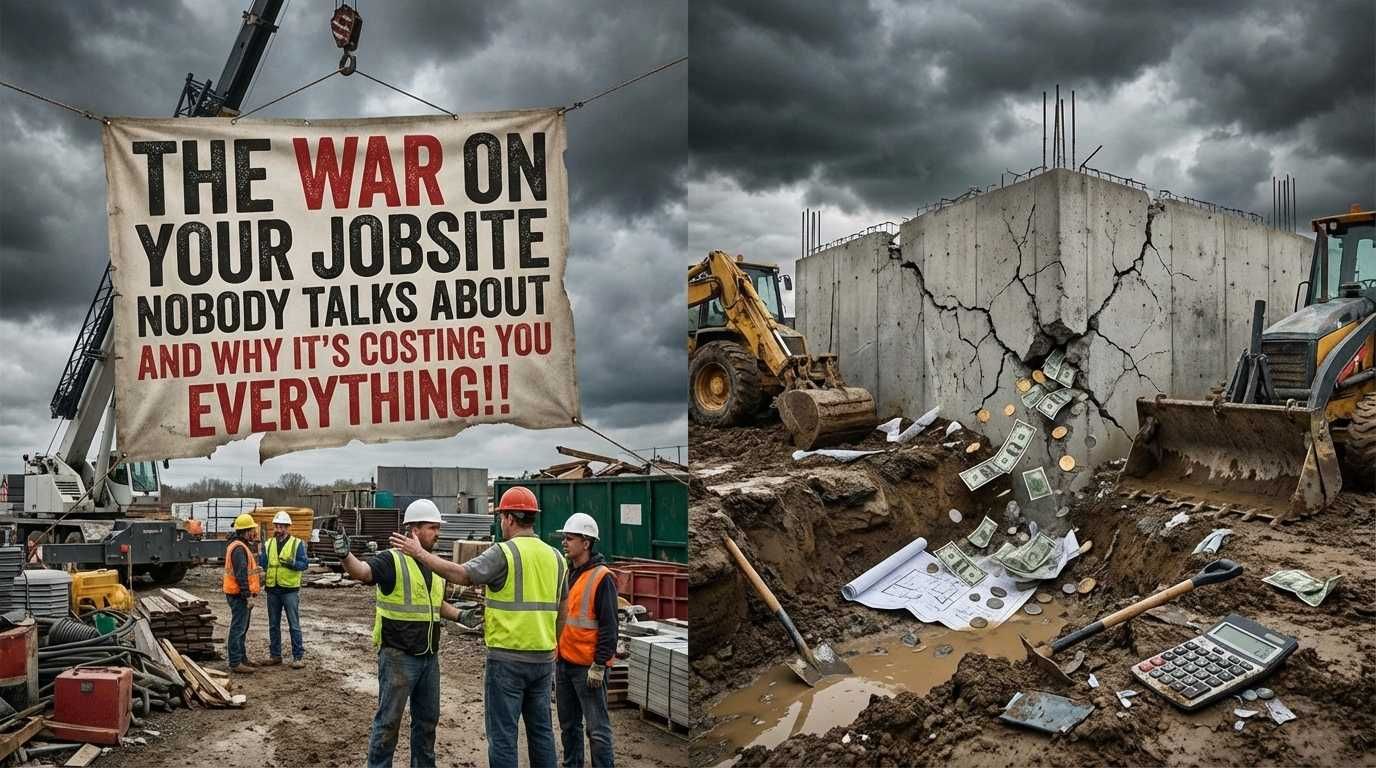How to Reduce Rework Without Slowing Down the Jobsite
Every construction site has one universal goal: get the job done right, on time, and without surprises. Yet, one of the most persistent and costly challenges is rework.
Mistakes happen, materials get cut wrong, specs get missed, or small errors snowball into bigger delays. The good news? Reducing rework doesn’t have to mean slowing your crew down or burying them under extra processes.
It’s about smart planning, better communication, and the right checks in place before problems start.
Start With Clear, Actionable Plans
A big portion of rework stems from misunderstandings early on. If the plans are vague or key details are buried in pages of notes, your team is more likely to interpret things differently.
Make sure your drawings, specs, and schedules are clean, current, and accessible to everyone. Effective project management optimization helps crews pull up the latest version of a plan on their tablet instead of relying on outdated printouts.
It’s not just about having the plans in place; kick-off meetings, walk-throughs, and on-the-spot clarifications prevent the “I thought it was supposed to be…” moments that eat away at productivity.
Communication That Actually Works on the Jobsite
Fast-moving job sites can feel chaotic, and in that environment, important details can easily get lost.
You can’t expect reducing rework to happen if there’s no streamlined way to share updates. Designate a single point of contact for each crew, use group messaging apps that support images and markups, and set clear expectations for reporting issues right when they’re spotted.
If a subcontractor notices an inconsistency but doesn’t speak up until the work is already complete, you’re not just dealing with extra labor; you might also be looking at wasted materials, schedule slip, and added costs.
Train for Precision, Not Just Speed
Pushing for speed without reinforcing accuracy is one of the fastest paths to costly mistakes.
That doesn’t mean slowing down; it means giving teams the right training and tools to work quickly and correctly. Invest in refreshers on specs, quality standards, and inspection processes.
Even a short, 15-minute briefing before a new phase of work can keep everyone aligned.
You might also consider job site checklists for critical steps. They don’t have to be complicated; just a quick sign-off before pouring concrete or installing fixtures can prevent a lot of backtracking later.
Leverage Technology for Quality Control
From drones that can quickly scan and compare progress to 3D modeling software that flags clashes before they happen, technology is changing how we tackle quality control.

Photographic records, laser measurements, and even augmented reality overlays can help verify that work matches design intent before moving to the next stage.
When combined with regular, lightweight inspections, these tools make reducing rework less about reacting to errors and more about preventing them altogether.
That’s exactly where construction performance evaluation adds value, by measuring quality at every stage so mistakes don’t slip through unnoticed.
Foster a Culture That Values Doing It Right the First Time
Even with processes and technology in place, the mindset of the team matters. If the culture is “just get it done,” mistakes get glossed over until they can’t be ignored.
But if the culture rewards accuracy, attention to detail, and pride in craftsmanship, crews naturally take the extra moment to double-check their work.
Leaders set the tone here, acknowledging quality work, encouraging questions, and creating an environment where raising a concern is seen as smart, not inconvenient.
The Bottom Line: Build Smarter, Not Just Faster
Reducing rework isn’t about slowing down; it’s about aligning your team, processes, and tools so the job gets done right the first time.
Clear plans, better communication, the right training, and smart technology all work together to cut out the waste and keep the schedule moving.
At Pro-Accel, we specialize in helping construction teams integrate these strategies seamlessly into their workflow, ensuring that quality and speed go hand in hand.
If you’d like to take the next step toward improving your projects, reach out to our team and start exploring solutions tailored to your business!




